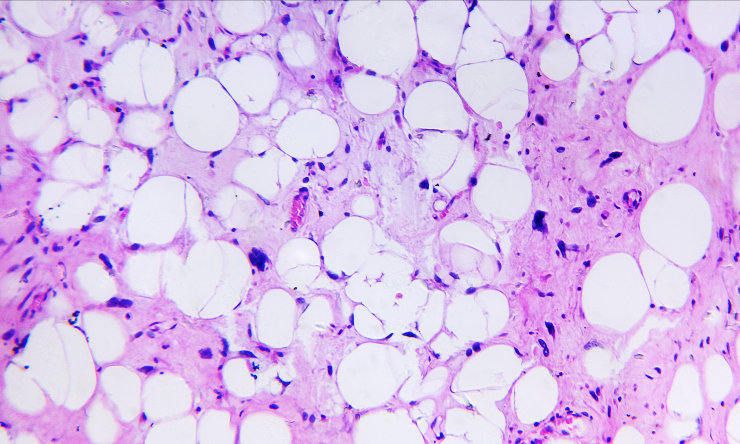Proton pump inhibitors help radiation therapy target cancer cells
The resistance of cancer cells to radiation therapy is a significant clinical problem in treating cancer. Many solid tumors are only partially responsive to radiation therapy, and increasing radiation dose can be harmful to healthy tissue. There are few safe and effective radiosensitizers that can be combined with radiation to enhance tumor control. In a new article published in Oncotarget, a team of scientists from Baylor College of Medicine discovered a new use for the FDA-approved and widely used class of drug, proton pump inhibitors (PPIs), as sensitizers of cancer cells to radiation therapy to improve tumor control.
The researchers screened a library of 130,000 small molecules to search for compounds that inhibit an enzyme overexpressed in cancer cells that are considered aggressive, highly vascularized and radioresistant.
“We were surprised to find the entire class of PPIs, such as esomeprazole and lansoprazole, directly target this enzyme,” said Dr. Yohannes Ghebre, senior author of the study, associate professor of radiation biology at Baylor and member of the Dan L Duncan Comprehensive Cancer Center. “Subsequent studies demonstrated that PPIs sensitize cancer cells to ionizing radiation, depending on the dose. This is a previously unrecognized yet important effect.”
Given the unmet medical need for the sensitization of cancer cells to radiation therapy, the Baylor team conducted preclinical studies to evaluate the radiosensitizing effect of the PPI esomeprazole when combined with radiation. This research demonstrates the efficacy of PPIs in radiosensitizing cancer cells isolated from various tissue sites, including head and neck, breast and the lungs, using cancer cell colony formation assay in vitro and in animal models, according to Ghebre. The team aims to launch clinical studies to evaluate the efficacy of PPIs as radiosensitizers in cancer patients soon.
“A significant fraction of head and neck cancer patients present with aggressive disease that demonstrates an incomplete response to radiation, resulting in rapid recurrence and cancer associated death,” said Dr. Vlad Sandulache, co-author of the study, assistant professor of otolaryngology – head and neck surgery at Baylor and member of the Dan L Duncan Comprehensive Cancer Center. “As a result, it is critically important to identify drugs that can be used to sensitize tumors to radiation. Repurposing existing, FDA-approved drugs is an excellent strategy since it largely eliminates the potential for severe unanticipated toxicities.”
“Given the major contribution of radioresistance to cancer treatment failure and lifelong complications associated with the clinical use of high radiation dose, novel therapeutic agents that can selectively sensitize tumor cells to the effects of radiation to enhance tumor kill are required,” said Dr. Andrew Sikora, study author, former faculty member in the Bobby R. Alford Department of Otolaryngology – Head and Neck Surgery at Baylor and current professor and director of research in the Department of Head and Neck Surgery at the University of Texas MD Anderson Cancer Center. “However, currently available radiosensitizers, such as chemotherapeutic agents, are non-selective and are often associated with significant side effects including ototoxicity, immune suppression, hair loss, as well as hematological and cardiovascular complications.”
Additional authors involved in the study include Kassidy Hebert, Dr. Sergio Jaramillo, Wangjie Yu, Min Wang, Dr. Ratna Veeramachaneni, Dr. Mark D. Bonnen, Dr. Ananth V. Annapragada, Dr. David Corry, Dr. Farrah Kheradmand, Raj K. Pandita, Dr. Michelle S. Ludwig, Tej K. Pandita, Dr. Shixia Huang, Dr. Cristian Coarfa, Sandra L. Grimm, Dimuthu Perera and Dr. George Miles. See the publication for a full list of funding for this work.










